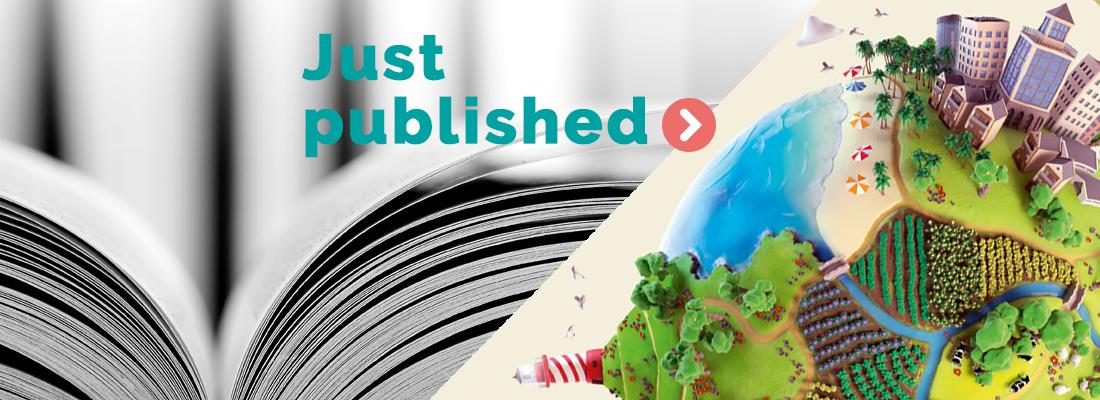Agroecological transformation for sustainable food systems: Insight on France-CGIAR research
Published on 17 September 2021

The diversity of agriculture on this planet clearly heralds the way to a variety of agroecological transition pathways and also a diversity in terms of means for public action. There are also similarities in terms of understanding the biology, ecology and socioeconomics of farming agroecosystems and their functioning, and how to manage risks, including those triggered by climate change. Lessons are also to be learned from past trajectories in the Global North and other parts of the world. Such insight could help avoid the simplification levied by conventional agricultural models, while shedding light on pitfalls to elude when considering power asymmetries and developing cooperative systems.
The linkage between sustainable intensification and agroecological transformation emerges here as a point of analysis. These issues have led researchers from CGIAR and French research organizations to work together in compiling this Dossier to showcase their expertise at the disposal of policymakers, extension services, NGOs and farmers’ associations committed to promoting the agroecological transition. They must be ready to take on the responsibility of exploring new ways of conducting research based on systemic and transdisciplinary approaches, implementing inclusive participatory methods, the solution-based theory of change, fostering partnerships with national agricultural research systems, while enhancing orchestration of research efforts to converge towards sustainable food systems!
Content:
Part 1 - AGROECOSYSTEMS
1. Increasing the efficiency of practices in order to reduce the use of costly, scarce or environmentally damaging inputs
2. Substituting intensive external input use by biodiversity-derived ecosystem functions
3. Redesigning agroecosystems on the basis of a new set of ecological processes from farm and landscape
Part 2 - FOOD SYSTEMS
4. Identifying and overcoming constraints within food systems to achieve agroecological transitions at scale – reconnecting producers and consumers
5. Building a new global food system based on equity, participation, democracy and justice
Part 3 - KEY PROCESSES, METHODS AND TOOLS FOR AGROECOLOGY
Editorial and Scientific Board:
Kwesi Atta-Krah (IITA), Jean-Luc Chotte (IRD), Chantal Gascuel (INRAE), Vincent Gitz (CIFOR), Etienne Hainzelin (CIRAD), Bernard Hubert (INRAE, Agropolis International), Marcela Quintero (Alliance of Bioversity International and CIAT) and Fergus Sinclair (ICRAF) are the scientific coordinators of this publication, with the support of Isabelle Amsallem (Agropolis International)
About CGIAR
CGIAR is a global research partnership for a food-secure future. CGIAR science is dedicated to reducing poverty, enhancing food and nutrition security, and improving natural resources and ecosystem services. Its research is carried out by 15 CGIAR Research Centers in close collaboration with hundreds of partners, including national and regional research institutes, civil society organizations, academia, development organizations and the private sector.
Click here to download the dossier
